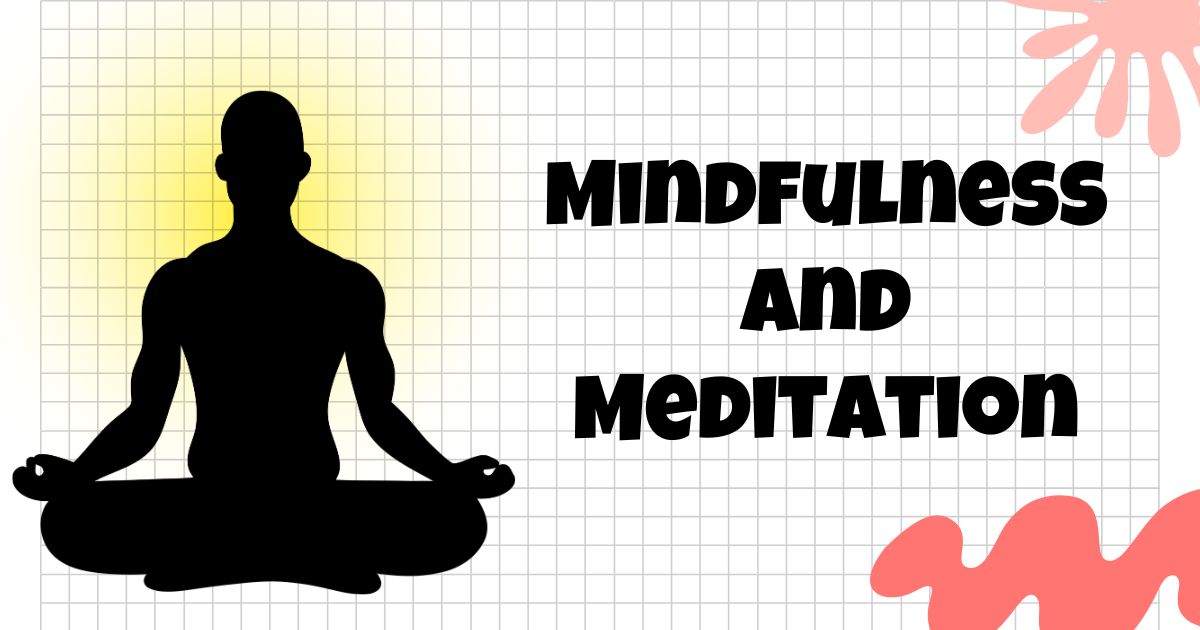In today’s fast-paced world, stress has become a common part of life. From work responsibilities to personal challenges, our minds are often overwhelmed by constant demands. One of the most effective and accessible tools to manage stress is journaling. Writing down thoughts, emotions, and experiences not only provides mental clarity but also helps process difficult feelings. This article explores the most effective journaling techniques to reduce stress, along with tips on how to get started and maintain a consistent practice.
Why Journaling Helps with Stress
Journaling works as a form of self-expression and reflection. When emotions remain bottled up, they create mental clutter and increase stress. Writing provides a safe outlet to release these feelings. Research suggests that journaling can:
-
Lower stress and anxiety levels
-
Improve emotional awareness
-
Enhance problem-solving skills
-
Promote mindfulness and relaxation
-
Strengthen overall mental health
Unlike other stress management techniques, journaling requires no special tools or training, making it a cost-effective and flexible practice.
Best Journaling Techniques to Reduce Stress
1. Free Writing
Free writing, also known as “brain dumping,” involves writing continuously without worrying about grammar, spelling, or structure. The goal is to release all thoughts and emotions onto paper.
-
How it helps: Clears mental clutter and reduces overthinking.
-
Tip: Set a timer for 10–15 minutes and write without stopping.
2. Gratitude Journaling
Gratitude journaling focuses on writing about things you’re thankful for. This technique shifts attention from stressors to positive aspects of life.
-
How it helps: Increases positivity and reduces feelings of stress and negativity.
-
Tip: Write down 3–5 things you’re grateful for daily.
3. Reflective Journaling
Reflective journaling involves analyzing daily events and how they made you feel. It helps identify triggers that cause stress.
-
How it helps: Promotes self-awareness and problem-solving.
-
Tip: End each entry with a lesson learned or a positive takeaway.
4. Bullet Journaling
Bullet journaling combines planning and journaling. You can track habits, moods, goals, and daily activities in a structured way.
-
How it helps: Creates organization, reduces chaos, and helps manage time.
-
Tip: Use simple symbols (●, – , ✓) for tasks, events, and notes.
5. Emotional Release Journaling
This technique involves writing about stressful events in detail. By confronting emotions directly, you gain emotional release.
-
How it helps: Provides a safe outlet to vent feelings and reduce tension.
-
Tip: Write honestly and without self-judgment.
6. Affirmation Journaling
Affirmation journaling focuses on writing positive statements about yourself and your life.
-
How it helps: Builds confidence and reduces stress caused by negative thinking.
-
Tip: Repeat affirmations like “I am calm and capable” or “I can handle challenges with strength.”
7. Prompt-Based Journaling
If you’re unsure where to start, journal prompts can guide your writing. Prompts such as “What’s worrying me right now?” or “What can I let go of today?” can spark meaningful reflections.
-
How it helps: Encourages structured exploration of emotions.
-
Tip: Use a list of prompts and choose one each day.
Tips to Make Journaling a Habit
-
Set aside 10–15 minutes daily.
-
Write at the same time each day (morning or before bed).
-
Create a calm environment free from distractions.
-
Keep your journal private to encourage honesty.
-
Don’t focus on perfection—focus on expression.
Benefits of Journaling for Stress Reduction
Regular journaling can bring long-lasting changes in emotional well-being. Key benefits include:
-
Improved clarity of thought
-
Reduced feelings of overwhelm
-
Stronger emotional resilience
-
Enhanced focus and productivity
-
Better sleep due to reduced anxiety before bedtime
Conclusion
Journaling is more than just writing—it’s a therapeutic tool that helps reduce stress, promotes mindfulness, and fosters emotional healing. By practicing different techniques like gratitude journaling, free writing, or affirmations, you can discover the style that works best for you. With consistency, journaling can transform how you respond to stress and improve your overall mental health.
Also Read : The Power of Journaling for Emotional Well-being
FAQs
Q1: How often should I journal to reduce stress?
A: Journaling 10–15 minutes daily is effective, but even 3–4 times a week can bring noticeable benefits.
Q2: Do I need a physical notebook, or can I use a digital journal?
A: Both work well. A physical journal helps reduce screen time, while digital journaling offers convenience.
Q3: Can journaling replace therapy for stress and anxiety?
A: Journaling is a powerful tool but not a substitute for professional therapy if stress becomes overwhelming.
Q4: What if I don’t know what to write?
A: Start with prompts, gratitude lists, or simply describe your day. The key is consistency, not perfection.
Q5: How long does it take to see results from journaling?
A: Many people notice reduced stress within a few weeks of consistent journaling practice.


